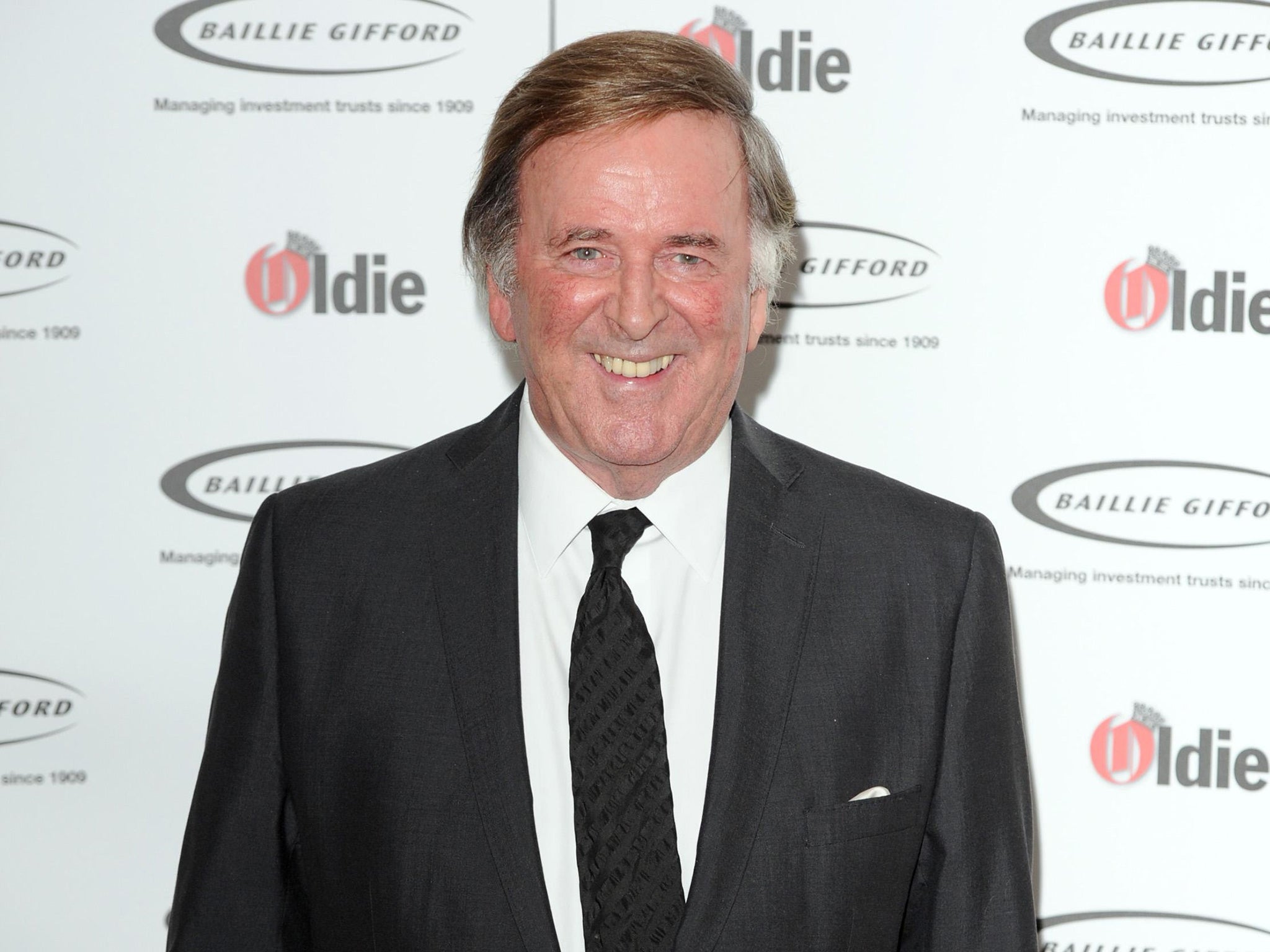Sir Terry Wogan dead: Veteran BBC broadcaster speaks about religion, death and the afterlife
'I can't think of a better life than I'm having here'

Your support helps us to tell the story
From reproductive rights to climate change to Big Tech, The Independent is on the ground when the story is developing. Whether it's investigating the financials of Elon Musk's pro-Trump PAC or producing our latest documentary, 'The A Word', which shines a light on the American women fighting for reproductive rights, we know how important it is to parse out the facts from the messaging.
At such a critical moment in US history, we need reporters on the ground. Your donation allows us to keep sending journalists to speak to both sides of the story.
The Independent is trusted by Americans across the entire political spectrum. And unlike many other quality news outlets, we choose not to lock Americans out of our reporting and analysis with paywalls. We believe quality journalism should be available to everyone, paid for by those who can afford it.
Your support makes all the difference.The veteran BBC broadcaster Sir Terry Wogan has died of cancer at the age of 77.
His family released a statement which said: “Sir Terry Wogan died today after a short but brave battle with cancer. He passed away surrounded by his family”.
Widely regarded as a “national treasure”, the Limerick-born broadcaster became known as the voice of Eurovision.
Knighted for his services back in 2005, Sir Terry was one of the most listened-to broadcasters in Europe and built an audience of eight million for his radio shows.
In an interview with The Independent back in September 2014, he spoke candidly about death and religion.
When asked about his religious upbringing and whether he believed in an afterlife, Sir Terry said: “Well, I have difficulties with stuff like that. When people have a miserable life, as most people did through the Middle Ages, and lots of people do now, I think it's easier to believe that there's going to be a better life ahead.
“Whereas, I can't think of a better life than I'm having here."
Sir Terry’s upbringing was strongly religious - by the age of eight he’d been sent to Crescent College, an institution run by Jesuits with a heavy focus on discipline.
Remembering his childhood, Sir Terry remarked: “There were hundreds of churches, all these missions breathing fire and brimstone, telling you how easy it was to sin, how you'd be in hell. We were brainwashed into believing.”
By the age of 17, the legendary personality said he had lost his faith.
Join our commenting forum
Join thought-provoking conversations, follow other Independent readers and see their replies
Comments